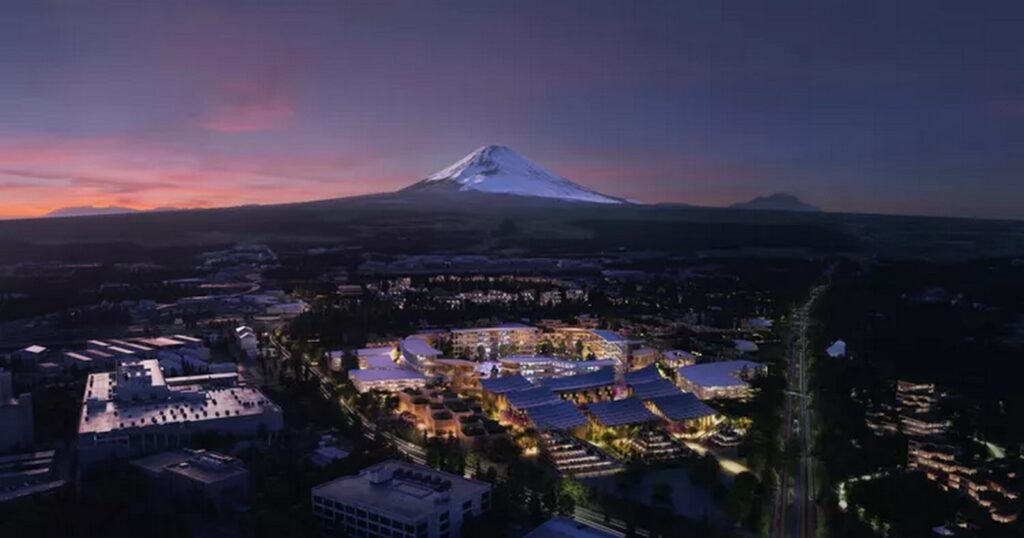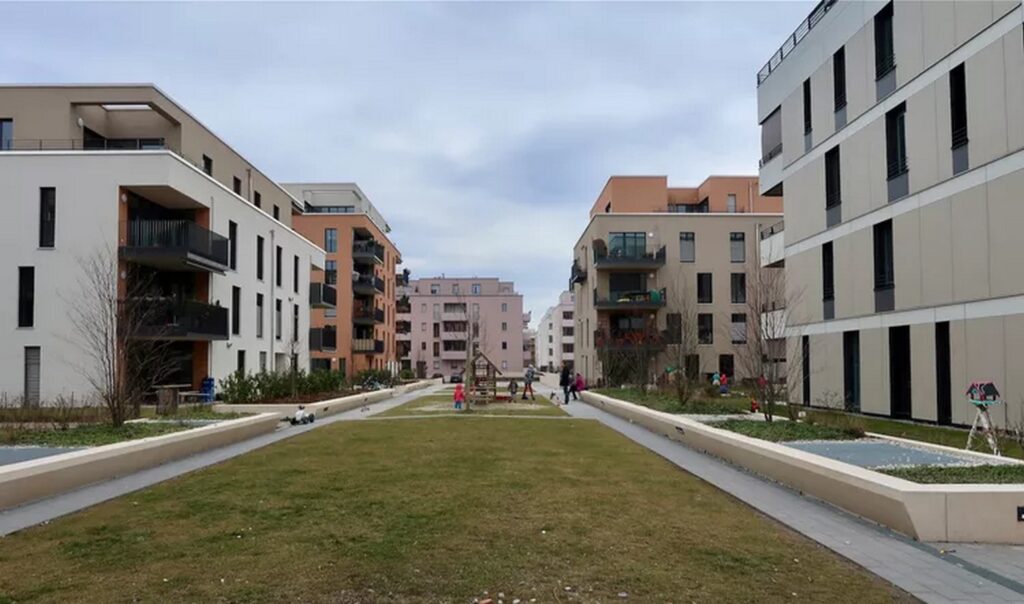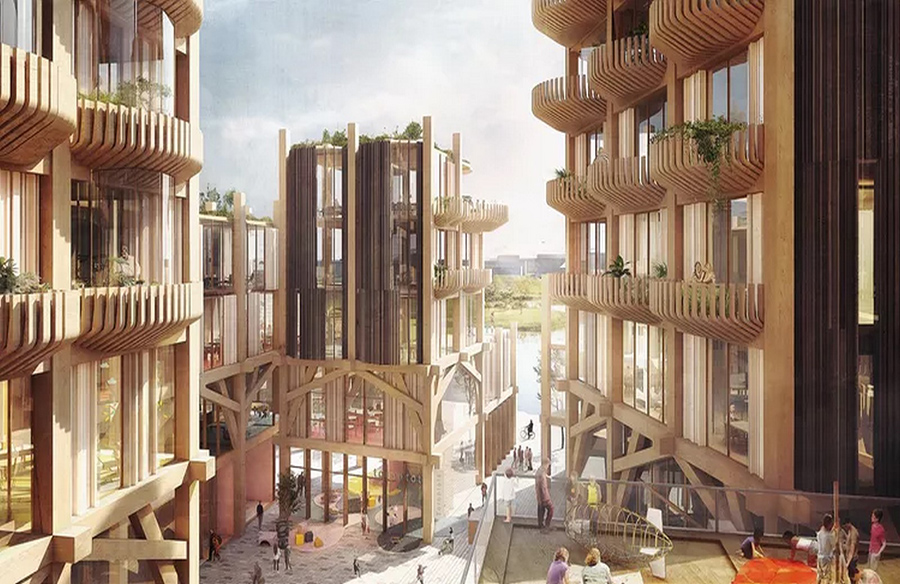Introduction: Moving Beyond “Smart” Cities
The concept of “smart” cities, once hailed as the future of urban living, is losing its luster as concerns about sustainability and equity come to the forefront. Rather than chasing the latest technological solutions, experts argue that cities need to focus on fundamental principles of urban planning and design.
Prioritizing Urban Planning and Design
Urban planning emerges as a critical factor in reducing fossil fuel pollution and consumption. Emphasizing density, walkability, mixed-use development, and efficient public transportation lays the foundation for sustainable cities. Technology should complement these efforts, not overshadow them.
Reevaluating “Smart” Solutions

While some smart city initiatives show promise, many simply add complexity without addressing underlying issues. From pollution sensors to smart parking systems, the focus should shift towards simpler, low-tech solutions that address root causes rather than symptoms.
Embracing “Dumb” Cities Done Right
Experts advocate for a return to basics, building “dumb” cities with durable infrastructure and thoughtful urban design. By prioritizing proven approaches over flashy technologies, cities can create inclusive, resilient communities.
Leveraging Ancient Wisdom for Modern Challenges
Drawing inspiration from traditional knowledge, cities can integrate low-tech ecological solutions into their infrastructure. From natural drainage systems to local agriculture, indigenous practices offer valuable insights into living harmoniously with nature.

Moving Forward: Cities Done Right
Instead of seeking opposites to the concept of smart cities, the focus should be on promoting cities done right. This entails embracing sustainable urban design principles and prioritizing the well-being of residents over technological gimmicks.
Designing Cities for the Future
Architects and urban planners emphasize the importance of density, height, and design in creating livable cities. By adopting flexible building codes and prioritizing carbon-conscious materials, cities can mitigate their environmental impact and foster thriving communities.
Conclusion: A Path Forward for Sustainable Urban Living
As cities grapple with the challenges of climate change and inequality, the need for cities done right becomes increasingly apparent. By reimagining urban spaces with a focus on simplicity, sustainability, and equity, we can build cities that are truly fit for the future.






